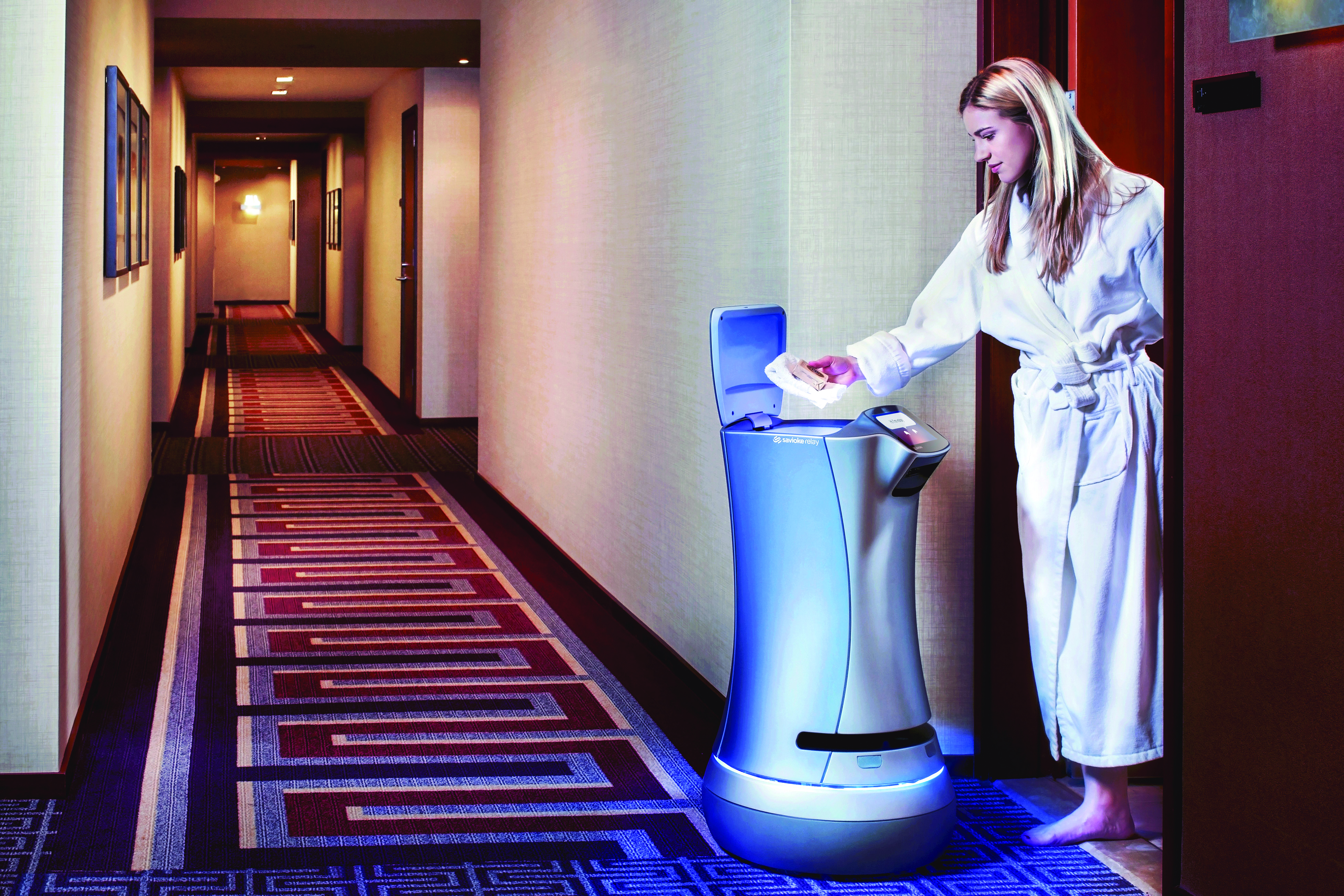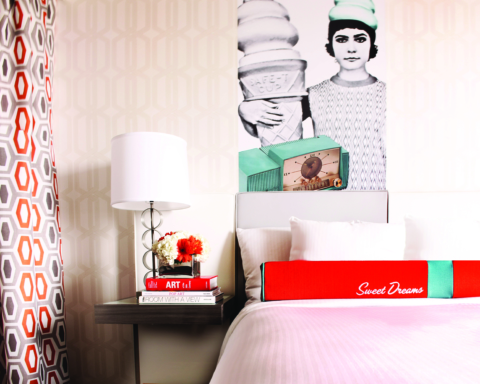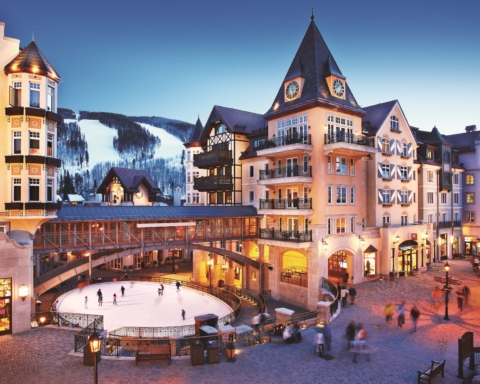BY ANGELA YOUNGMAN
Are robots the future of the hotel industry?
The Hilton McLean in Virginia now has a robot concierge. Powered by Watson, a cognitive computing technology platform enabling her to understand the world through learning and experience, Connie works alongside human team members to answer visitor requests, provide information, plan trips and make recommendations about hotel features, amenities and where to dine. The more guests interact with Connie, the more she learns, adapts and improves her recommendations. All her knowledge is drawn from W
ayBlazer travel domain sites.
“We’re focused on re-imagining the entire travel experience to make it smarter, easier and more enjoyable for guests. By tapping into innovative partners like IBM Watson, we’re wowing our guests in the most unpredictable ways,” says Jonathan Wilson, vice president of Hilton Worl dwide.
dwide.
By using information gained from the log of questions asked and Connie’s answers, the hotel is able to improve guest experiences before, during and after their stay.
Requesting items from the front desk at 10 hotels in America can result in a robot delivery. Savioke has developed a Relay robot, which takes orders from the front desk and then delivers the toiletries, linens and other sundries direct to guest rooms. During 2015, it made over 11,000 guest deliveries with the most popular delivery being tubes of toothpaste. Relay also delivers coffee from the Starbucks in the lobby to guests at the Marriott Los Angeles LAX. Many of the Relays have been given names – the robot at LAX is called Wally, while at the Crowne Plaza it is called Dash.
Over in Japan, one hotelier has gone one step further. Henn-na hotel in the Huis Ten Bosch theme park is staffed almost entirely by robots. Before booking in, guests are told by the hotel that they should “feel free to enjoy conversing with these warm and friendly robots as they efficiently go about their work.” Robots undertake the cleaning and provide room service. Luggage is taken by automated trolley direct to your room. No key cards are used, just facial recognition technology. Integral computer systems within each room adjust the temperature to the guest’s body heat.
 Want to know the time or the weather forecast? Just ask the small pink robot with three hearts adorning its forehead seated beside your bed. It will also automatically turn the lights off when you go to bed, or on when you get up.
Want to know the time or the weather forecast? Just ask the small pink robot with three hearts adorning its forehead seated beside your bed. It will also automatically turn the lights off when you go to bed, or on when you get up.
Perhaps the most dramatic change is at the reception desk. Guests have to choose their receptionist with care. The 72-room hotel is staffed by a trio of receptionists – including a robotic dinosaur. Fortunately the velociraptor is a friendly one. All three dinosaurs speak English, Japanese and Korean. Their appearance is quite lifelike as they seem to breathe and blink as they politely greet guests.
Hideo Sawads, president of Huis TenBosch, believes that “in the future, 90 percent of the hotel’s services could be carried out by robots.”
What is certain is that robots do lack the personal touch. For non-techies, this could well be one step too far, especially if you want comfort, luxury and service.







